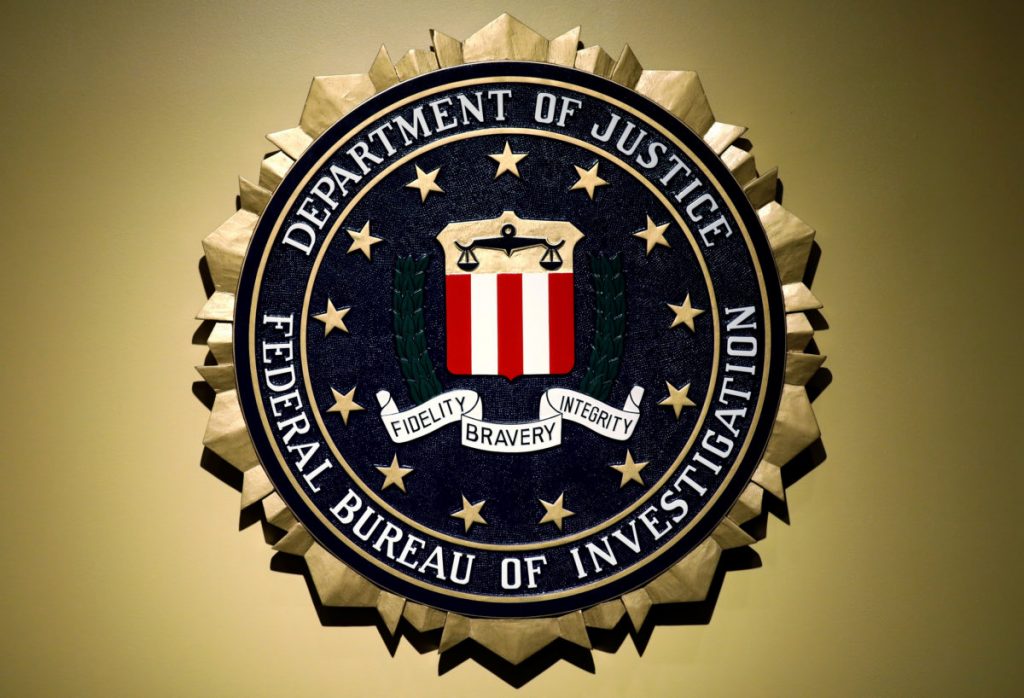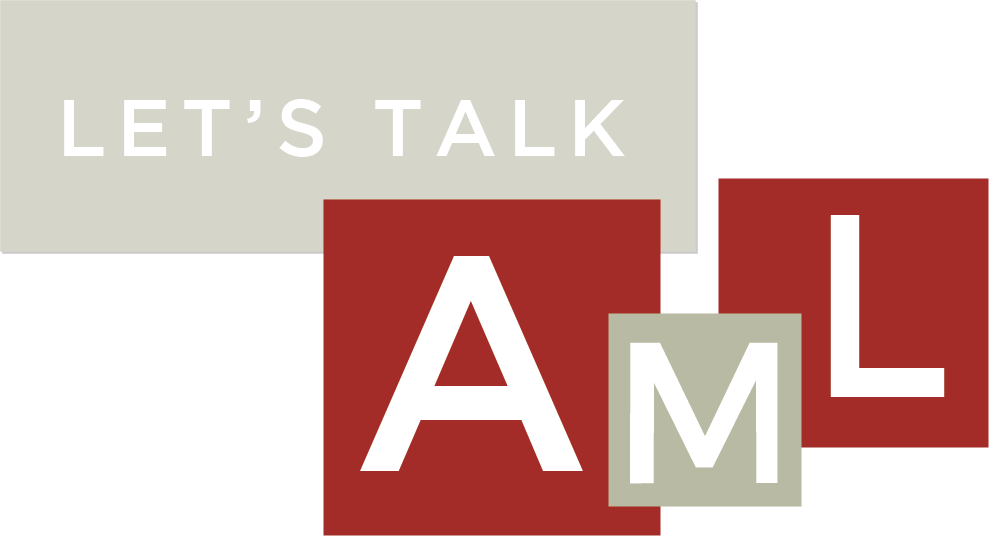
Amidst the COVID-19 pandemic, the FBI is warning US residents to be vigilant of some work-from-home vacancies, or quick money-making schemes. As fear and uncertainty of the near future is wreaking havoc to us all over the world, personally and financially, scammers are seeking to take advantage. They are plotting scams to use users as a money mule, in order to steal money and access personal & financial information.
A money mule allows a third party access to their personal and financial information. Criminals who obtain money illegally use this method to ‘legitimize’ dirty money.
Money mules are used to move the illegal money through their personal bank accounts as a form of payment or a transfer through to another account, this is a dangerous crime. Usually the mule will receive a small percentage of the money for performing this task. Other times, the mule may be asked to open new bank accounts under their own name for the business.
Check this list of things you should stay alert of, as per the guidelines provided by the FBI:
Work-from-home schemes
Watch out for online job postings and emails from individuals promising
you easy money for little to no effort. Common red flags that you may be acting
as a money mule include:
you easy money for little to no effort. Common red flags that you may be acting
as a money mule include:
- The “employer” you communicate with uses web-based services such as
Gmail, Yahoo, Hotmail, Outlook, etc. - You are asked to receive funds in your personal bank account and
then “process” or “transfer” funds via wire transfer, ACH, mail, or money
service businesses, such as Western Union or MoneyGram - You are asked to open bank accounts in your name for a business
- You are told to keep a portion of the money you transfer
Individuals claiming to be located overseas asking you to send or
receive money on their behalf
receive money on their behalf
Watch out for emails, private messages, and phone calls from individuals
you do not know who claim to be located abroad and in need of your financial
support. Criminals are trying to gain access to U.S. bank accounts in order to
move fraud proceeds from you and other victims to their bank accounts. Common
fictitious scenarios include:
you do not know who claim to be located abroad and in need of your financial
support. Criminals are trying to gain access to U.S. bank accounts in order to
move fraud proceeds from you and other victims to their bank accounts. Common
fictitious scenarios include:
- Individuals claiming to be U.S. service members stationed overseas
asking you to send or receive money on behalf of themselves or a loved one
battling COVID-19 - Individuals claiming to be U.S. citizens working abroad asking you
to send or receive money on behalf of themselves or a loved one battling
COVID-19 - Individuals claiming to be U.S. citizens quarantined abroad asking
you to send or receive money on behalf of themselves or a loved one
battling COVID-19 - Individuals claiming to be in the medical equipment business asking
you to send or receive money on their behalf - Individuals affiliated with a charitable organization asking you to
send or receive money on their behalf
More accurate and up-to-date information related to COVID-19 can be found through the following links, www.cdc.gov and www.coronavirus.gov.
